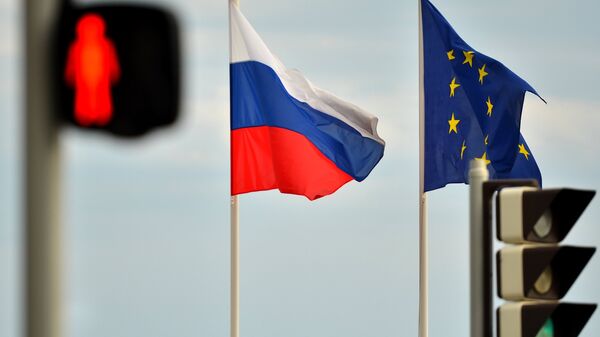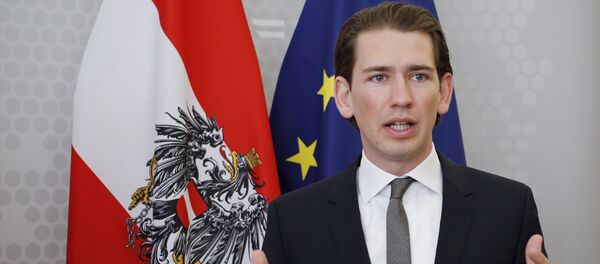Britain has called for a tough stance towards Moscow while Slovakia has called the sanctions ineffective. In turn, Slovakian Foreign Minister Miroslav Lajcak said that the EU should not ignore some European countries desire to revise Brussels’ policy towards Moscow.
Lajcak said that that European dialogue is needed because there is a "growing demand for a political discussion" about sanctions against Russia. He added that such countries as Italy, Bulgaria, and Greece are interested in easing the restrictions.
"I am not calling for abolishing the sanctions. But what I don't want to see is that we formally maintain the sanctions and behind the sanctions, everyone is signing big deals with Russia, visiting, meeting people who are blacklisted," Lajcak was quoted as saying by Reuters.
However, British Foreign Secretary Philip Hammond said that sanctions will not be lifted until the Minsk agreements are fully implemented.
"If you want the sanctions relaxed, deliver your commitments at Minsk, not some of them, or moving towards, or talking about, but delivering. The Russians are playing a game, frankly a game of divide and rule, targeting those who are temperamentally inclined to talk about relaxation, pressuring them. It is a big mistake," he said.
Earlier, French Foreign Minister Jean-Marc Ayrault said that the EU would prolong anti-Russian for six months but that Paris would initiate a discussion on the issue during the EU summit on June 28-29.
Since 2014, the European Union, the United States and their allies have imposed several rounds of sanctions against Russia over accusations of the Kremlin's alleged interference in the Ukrainian conflict — a claim that Moscow has repeatedly denied. In response, Russia introduced a food embargo in August 2014 on products originating from states that had imposed the restrictive measures.


